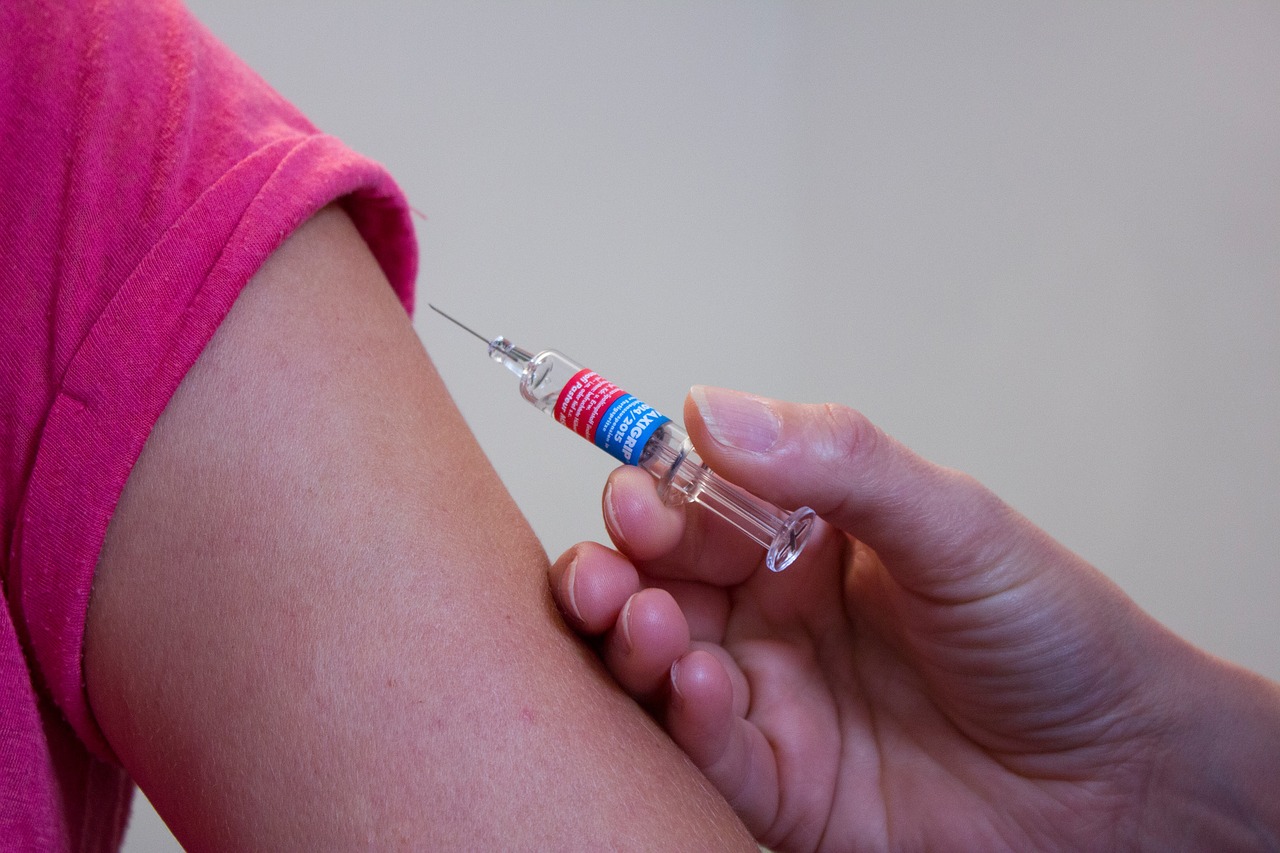
Toronto’s medical officer of health wants the Ontario government to stop letting students skip their vaccines on philosophical or religious grounds.
The tougher stance is among several recommendations Toronto Public Health proposes in a strategy to boost immunization rates among school-aged kids.
Other suggestions include promoting vaccines directly to students themselves through the school curriculum and offering health clinics financial incentives to reach vaccination rate targets.
A key measure would make it tougher to avoid vaccines under the Immunization of School Pupils Act, says the agency’s associate medical officer of health.
“We’ve seen a slow and steady increase and if this keeps going we’re going to reach a point where it’s too high,” Vinita Dubey said Monday.
“We know in the U.S. there have been a number of states that have had very high … non-medical exemption rates and that has led to under-vaccinated pockets in those areas that have very clearly led to outbreaks of things like measles. We need to be able to keep track of those exemption rates and to decide what is too high.”
The health agency says philosophical and religious exemption rates for the measles, mumps and rubella (MMR) vaccine was 1.72 per cent among Toronto elementary and secondary school students in the 2018/19 school year.
That was up from 0.8 per cent in the 2006/07 school year. The MMR vaccine is generally administered when kids are between the ages of four and six.
In the report, medical officer of health Dr. Eileen de Villa asks the health ministry to only allow exemptions for medical reasons, and says those medical reasons should be submitted by a certified health-care provider.
Another measure would take the battle directly to students themselves, by incorporating vaccine facts into the school curriculum.
“The idea is to get the future parents up to date on what vaccines are,” says Dubey.
“When these kids get to high school they’re making their own vaccine choices as well. In Ontario in Grade 7, they get three vaccines in school so there’s a lot that can be taught that would be really informative and valuable for these students themselves.”
Parents must provide consent for children in Grade 7, who are typically aged 12, but Dubey says kids are generally old enough to decide for themselves by the time they receive their final round, between the ages of 14 and 16.
“Our goal is really to work with parents, our goal is not to divide up families on this issue,” adds Dubey, stressing that the report includes a broader education campaign that would target parents, too.
“What we found is that when parents talk to their health-care provider, someone who they trust, someone who they’ve had a chance to sit down and ask their questions to, they are vaccinating.”
The report also suggests that major search engines and social media outlets including Facebook, Google, Pinterest, Twitter and Instagram, adopt measures to reduce misinformation about vaccines; and that the province consider developing a compensation program for people who may experience a serious side effect from a vaccine.
The World Health Organization considers the reluctance or refusal to vaccinate as one of the top 10 global health threats. In Canada, it is estimated that 20 per cent of parents have questions about vaccines.
Last month, Pinterest announced it will try to combat vaccine misinformation by only showing posts from health groups such as the WHO. Instagram also has a pop-up giving users who search for vaccine posts the option to visit the Centers for Disease Control website.
A spokesman for the health ministry said the government was “committed to a strong and effective immunization system in Ontario,” but that there were no plans to update its approach.
New Brunswick also legislates immunization for school-aged children, and British Columbia began requiring parents to report their child’s vaccination status this school year.
The Toronto report will be considered by a city council advisory board next Monday when it could undergo further revisions before being submitted to the province.